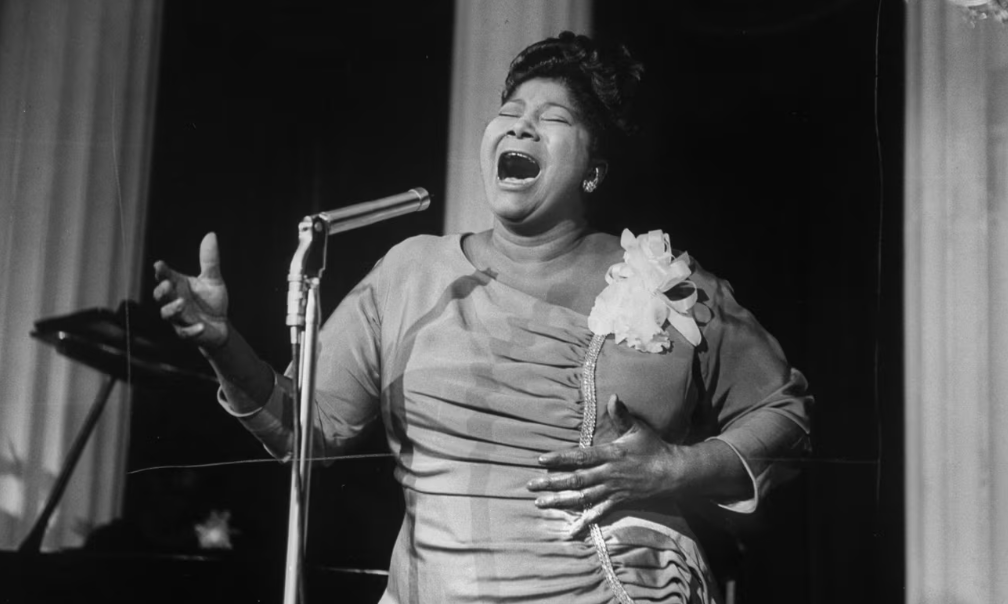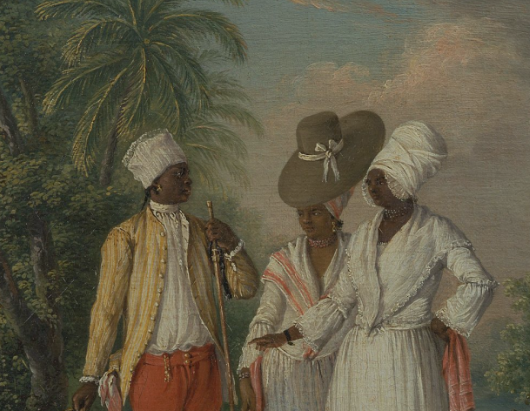Mahalia Jackson, often hailed as the “Queen of Gospel Music,” was a legendary figure whose powerful voice and unwavering faith left an indelible mark on the world of music and civil rights. Her soul-stirring performances and dedication to her craft made her not only an iconic gospel singer but also a prominent voice in the struggle for civil rights in America. In this article, we will delve into the life, music, and legacy of Mahalia Jackson, a woman whose songs uplifted the spirits of millions and inspired social change.
Mahalia Jackson was born on October 26, 1911, in New Orleans, Louisiana, into a deeply religious family. Her mother, Charity Clark, was a devout Baptist, and young Mahalia grew up immersed in the rich tradition of gospel music in the Black church. It was in the church choir that Mahalia discovered her exceptional singing talent and began to nurture her remarkable voice. Mahalia’s talent soon gained recognition in the gospel community, and she began performing at churches and religious gatherings. In 1931, she moved to Chicago, a city with a thriving gospel music scene, where she continued to hone her skills. Mahalia’s signature contralto voice, marked by its immense power, deep emotion, and spiritual resonance, made her stand out in a crowded field. In 1937, she made her first recording, “God’s Gonna Separate the Wheat from the Tares,” and her career took off. Her gospel recordings became immensely popular, and she soon gained recognition beyond the church community. Mahalia Jackson’s music transcended religious boundaries, touching the hearts of listeners of all backgrounds.
Mahalia Jackson’s influence extended far beyond the realm of music. She was a passionate advocate for civil rights, using her platform to support the struggle for racial equality in the United States. Her close friendship with Dr. Martin Luther King Jr. was particularly significant. She often sang at civil rights events, including the historic March on Washington in 1963, where she delivered a mesmerizing rendition of “I’ve Been ‘Buked and I’ve Been Scorned” before Dr. King’s iconic “I Have a Dream” speech. Her voice, filled with emotion and conviction, became a symbol of hope and resilience during a tumultuous period in American history. Mahalia Jackson’s contribution to the civil rights movement was not limited to her performances; she provided financial support and offered her home as a meeting place for activists.
Mahalia Jackson’s music and activism left an indelible mark on the world. She received numerous awards and accolades during her lifetime, including the Presidential Medal of Freedom in 1969, making her the first gospel singer to receive this honor. Her recordings, such as “Amazing Grace” and “Move On Up a Little Higher,” remain gospel classics to this day. Even after her passing in 1972, Mahalia’s influence endures. Her voice continues to inspire and uplift people worldwide, and her legacy lives on through the gospel music tradition she helped shape. Many contemporary artists, including Aretha Franklin and Whitney Houston, have cited her as a major influence on their careers.



